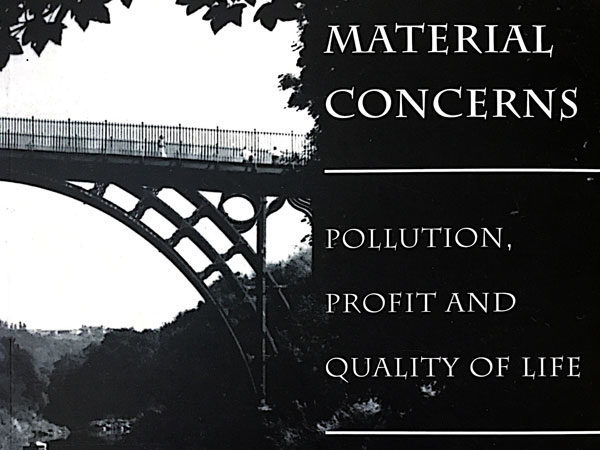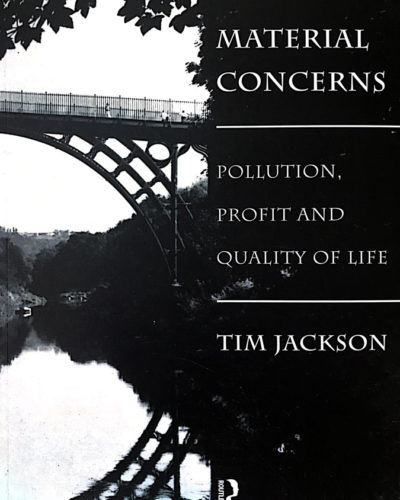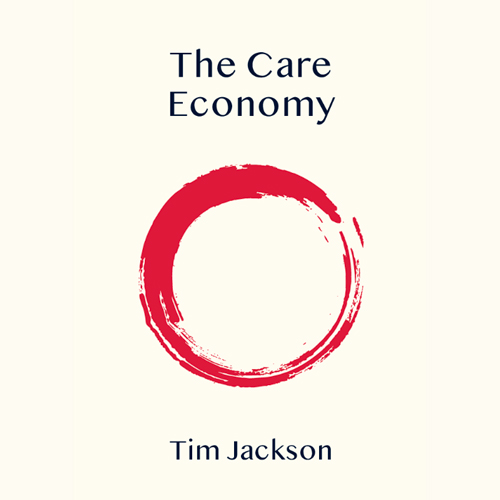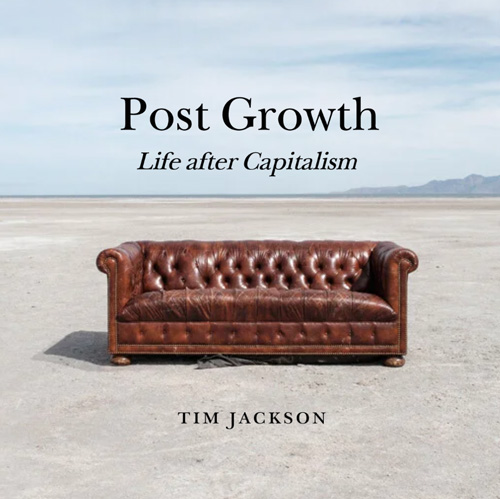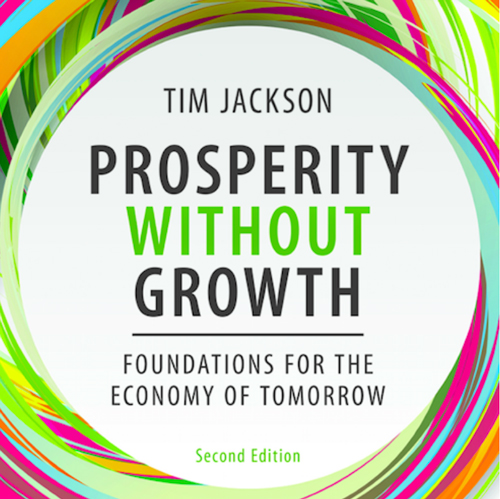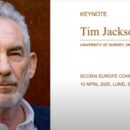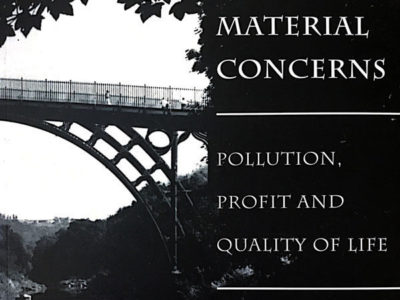
Material Concerns | Circular Economy
Two decades before the Ellen MacArthur Foundation established its mission to accelerate the transition to a circular economy, Tim Jackson began working for the Stockholm Environment Institute on a plan to develop what was called at the time preventive environmental management. It’s core idea was simple: prevention is better than cure. Preventing environmental damage at the outset is better than cleaning up after the fact.
Drawing inspiration and advice from key figures in pollution prevention, waste minimisation, energy efficiency and clean technology, Tim began to pull together the scientific basis for a very different kind of approach to industrial production. Clean Production Strategies, published in 1993, collected the elements of this approach together and included chapters from pre-eminent writers in the field, including Walter Stahel, Bill Rees, Bob Costanza.
Material Concerns, first published in 1996, synthesised the findings into a manifesto for change. Rooted in the laws of thermodynamics and informed by a clear understanding of ecological limits, the core idea in preventive environmental management was to move industrial production away from an extractive linear system towards a more circular economy.
‘In ten years time,’ wrote an advisor to the former British Prime Minister Gordon Brown, ‘all managers will be thinking in this way.’ The prediction didn’t quite come true, but it did prefigure a mounting interest in the circular economy. The final chapter of the book also provides a fascinating insight into Tim’s early views on the relationship between human wellbeing and economic growth. The title for the book was ‘borrowed’ from the title of Tim’s second play for Radio 4.
Content
1 Living in a material world—Rough guide to a lonely planet :: 2 Material transitions—The birth of the industrial economy :: 3 Farewell to love canal—From industrial afterthought to environmental foresight :: 4 A stitch in time—The principles of prevention :: 5 Easy Virtues—Saving money through pollution prevention :: 6 Persistent vices—Understanding resistance to change :: 7 Back to the future—Reinventing the service economy :: 8 Negotiating change—Dematerialisation and the profit motive :: 9 Growth in crisis—Untangling the logic of wealth :: 10 Beyond material concerns—Regaining quality of life
Material Concerns | Reviews
“Material Concerns is an important book arriving at an important time… Jackson’s analysis is incisive and persuasive. His prescriptions are both radical and viable — a rare and powerful combination. — Jonathan Porritt, leading British environmentalist and writer
“Clear and compelling…Jackson provides both the conceptual framework and convincing illustration of the new environmental paradigm of industrial production. In ten years’ time all managers will be thinking this way.” — Michael Jacobs, former advisor to UK Treasury and No 10.
“Jackson has filled a near-unique niche in clean production publications with a text that combines great explicatory power with a driving visionary message.” — Andrew Tickle, Birbeck College London. The full review is available on the Wiley Online Library website →.
“A very impressive and potentially influential book: imaginative yet rooted in sound common sense. Successfully drawing together the essential themes in the current environmental debate, this book deserves to be very widely read.” — Roland Clift, Professor Emeritus, University of Surrey
“This is a very good book. It is a logical argument that draws its evidence from a number of quite disparate academic disciplines, marshals digestible facts in a convincing manner, and presents complex points to the non-specialist reader without patronizing or indeed preaching.” — Tourism Analysis
“.. inspirational … A major strength of the text is integration of the material economy with the ecosystem and thermodynamic system … [T]he author has written a pioneering book fusing environmental economic relationships in a new and needed approach for economic and industrial geography … I plan to use the textbook as a required book for my industrial geography course.” — John Benhart, Journal of Cultural Geography

